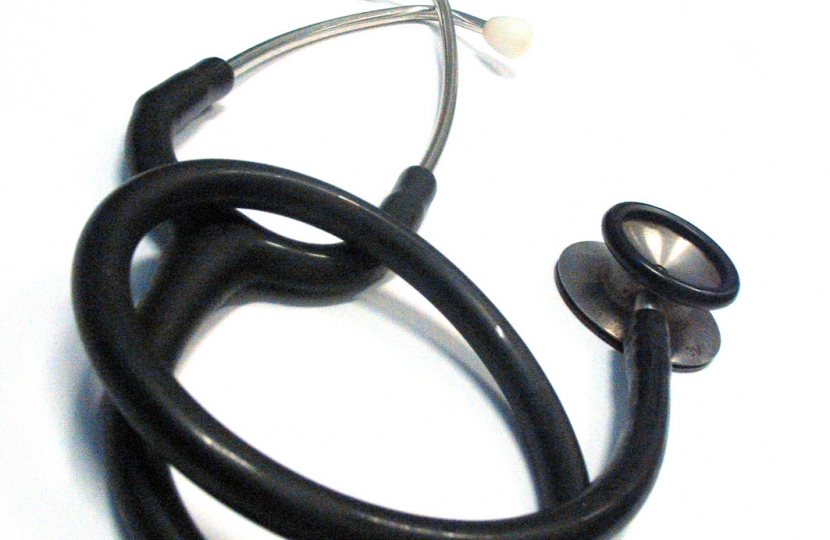
As MPs we surely have no greater responsibility than when our vote in the Commons could result in the state authorising the taking of life. We may soon be asked to vote for military action in Syria, a move that could lead to bombing campaigns and inevitable loss of life. The death penalty and abortion have been other matters where Parliament has voted over the years in effect to determine whether or not the state can authorise the taking of life, making them hugely controversial subjects, though now with relatively settled legislative positions.
Wherever one stands on these issues, surely as Parliamentarians we should only allow new powers for the state to authorise the taking of a human life when the case to do so is overwhelming, and the legislative proposal to provide those powers is watertight against legal challenge or malign abuse. Unfortunately, I do not believe that is the case with the ‘Assisted Dying Bill’ that will come before Parliament on September 11th. The Bill would make it lawful for a citizen to assist a terminally ill relative to commit suicide. Importantly, this is a Private Members’ Bill, i.e. a ‘free vote’, with no party lines. It is a matter of conscience, making the outcome more uncertain. I have received a huge amount of correspondence on this proposal, from both sides of the debate. Many of the cases where victims or their families have called for a change in the law are extremely moving, and no one with a grain of compassion would not want to find a way to release those in such pain – but the question for society is, at what price that release?
I simply cannot believe that such a measure would not be open to abuse. I have spoken to experienced medical professionals who have seen cases where elderly, vulnerable patients were nearing the end of their life and family members seemed preoccupied with property, inheritance etc. This sounds callous; but we are dealing with human beings. Can we really be sure that these powers would never be used with malign intent? Can we guarantee that frail and vulnerable people would not feel ‘pressured’ to accept what would amount to euthanasia?
Those supporting change would no doubt regard the very idea of such abuse as anathema; but at this moment in time every aspect of our health system is underpinned by the principle of protecting life at all times. Yes, health professionals have to have discretion in certain situations; there will be a constant need to review the guidelines around end of life care. But if we start unpicking this bedrock principle of protecting life, when we know that there can never be any total guarantee against abuse, we will be entering unchartered ethical waters without knowing where it will lead us. Suicide should remain a tragedy, not a treatment.
- Published in the Suffolk Free Press, 10th September 2015.
